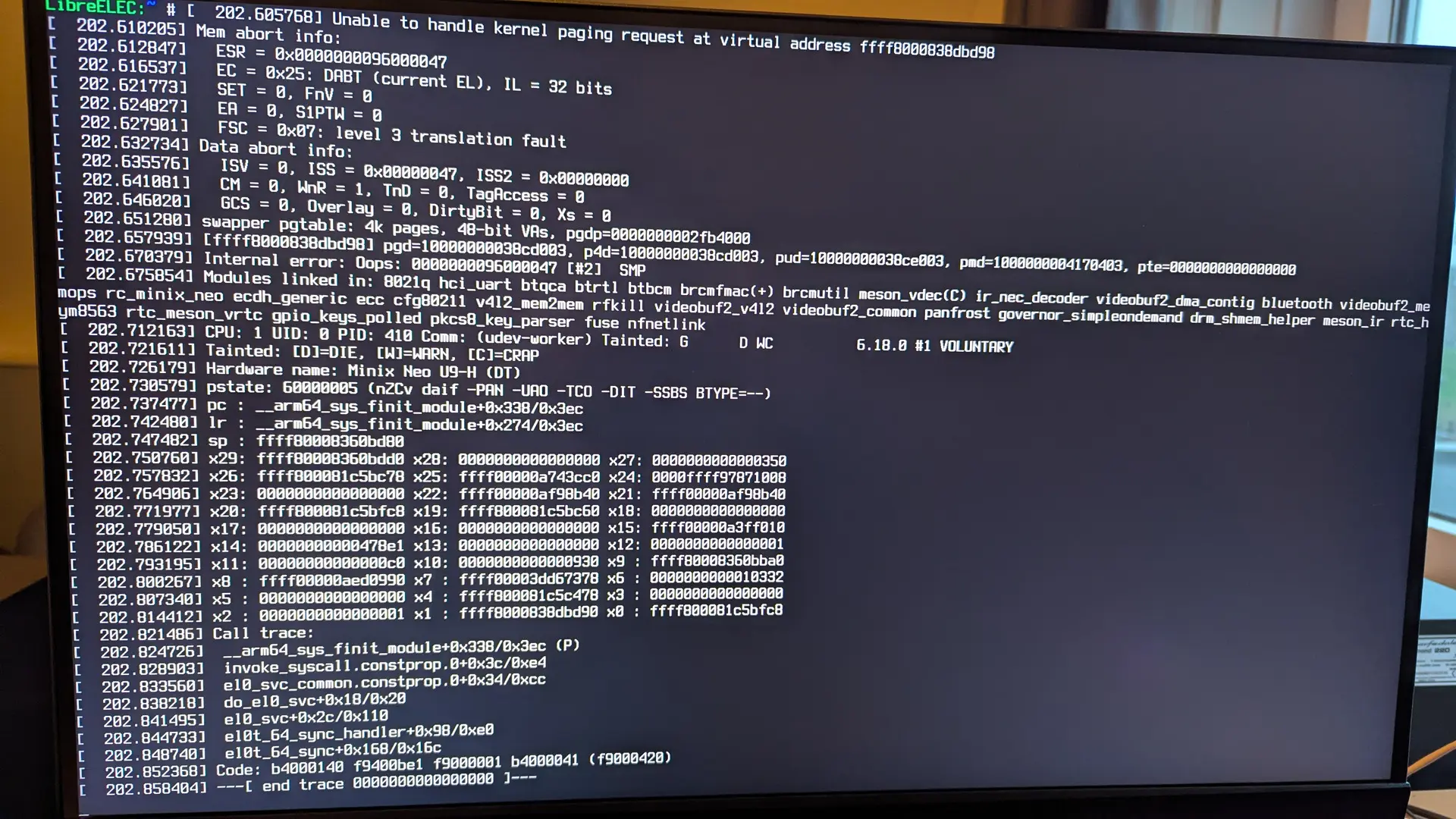I managed to solve this error by editing the packages\tools\u-boot-tools\package.mk file to use the tar.gz file. After that it got stuck at a later stage, again related to u-boot. Full log is here:
Relevant part of the log seems to be:
u-boot: creating u-boot.bin
Invalid board name "minix-u9h"
FAILURE: scripts/build u-boot:target during makeinstall_target (package.mk)
*********** FAILED COMMAND ***********
. ${FOUND_PATH}
**************************************
*********** FAILED COMMAND ***********
${SCRIPTS}/build "${1}" "${PARENT_PKG}"
**************************************
FAILURE: scripts/install u-boot:target has failed!
I checked the build.LibreELEC-AMLGX.aarch64-13.0-devel\build\amlogic-boot-fip-f5cf6a7a78bad9d42d44293d5f2b8e2140cf2e2f folder, and in there, there is no minix-u9h folder. Could it be that the package.mk is pointing to the wrong githash?
What I did to solve this is manually copy the minix-u9h folder from the latest commit from https://github.com/chewitt/amlogic-boot-fip/tree/minix-u9h to the build.LibreELEC-AMLGX.aarch64-13.0-devel\build\amlogic-boot-fip-f5cf6a7a78bad9d42d44293d5f2b8e2140cf2e2f folder. This then resulted in a successful build. Not sure if this was a proper solution though?
Either way, I tried flashing the resulting image to an SD card and booting it, but I got similar issues as before. I then again booted into text mode, and added the advancedsettings.xml and norestart.conf like last time.
pastekodi: https://paste.libreelec.tv/stirring-rabbit.log
pastecrash: https://paste.libreelec.tv/neat-swift.log
systemctl | paste: https://paste.libreelec.tv/divine-oryx.log
In case it's relevant, I ran the build process on Ubuntu 24.04.3 under WSL on Windows 11


